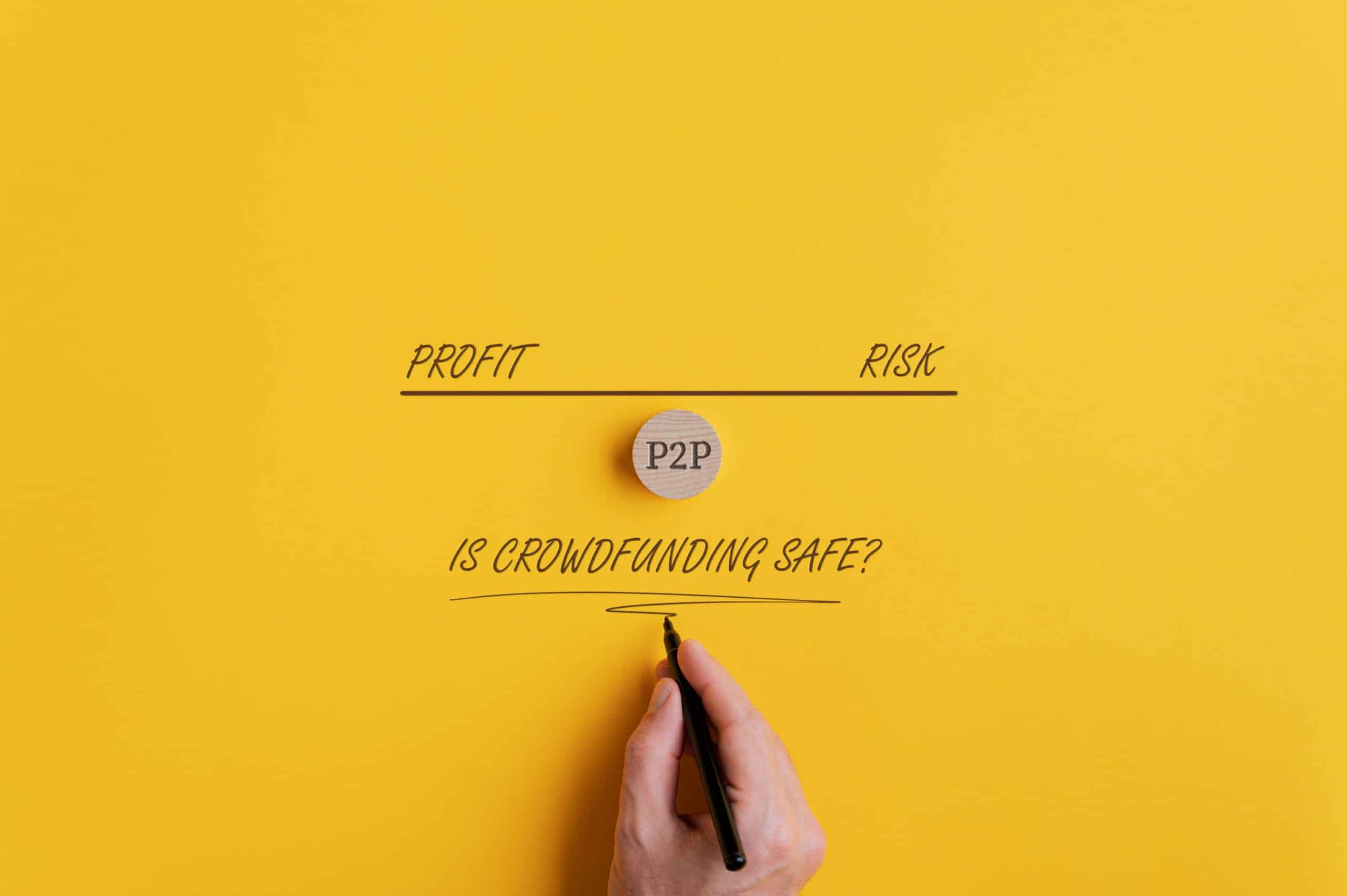How Can UK Indie Music Labels Use Crowdfunding for Artist Development?

The music industry has always been a challenging road for artists and labels alike. With the rise of digital platforms, the landscape has shifted dramatically, opening up new opportunities for musicians to reach a wider audience. Yet, it also means greater competition and the necessity for an even more strategic approach to artist development. Among these strategies, crowdfunding has emerged as a viable option for independent music labels to nurture talent and curate unique projects. Let’s delve deeper into this topic and explore how UK indie music labels can leverage crowdfunding for artist development.
Understanding the Role of Independent Music Labels
Before we plunge into the specifics of crowdfunding, it’s crucial to understand the role of independent music labels in the UK music industry. Independent or ‘indie’ labels differ from major labels as they operate without the financial backing of large-scale corporations. These labels focus on discovering, nurturing, and promoting artists, often providing a springboard for their careers.
A lire aussi : How to Optimize Local Food Distribution for UK Urban Farmers’ Markets?
Independent labels offer artists greater creative freedom and control over their work. However, they also face considerable challenges, primarily due to limited resources. They often struggle with financial constraints that can hinder their ability to fully support an artist’s development and promotion.
This is where crowdfunding comes into play. By tapping into this funding platform, indie labels can garner the necessary financial support from fans and music enthusiasts, enabling them to effectively champion their artists.
A découvrir également : What Are the Legal Considerations for UK Drone Startups Entering the Commercial Sector?
The Power of Crowdfunding in the Music Industry
Crowdfunding is a method of raising money by soliciting small amounts from a large number of people, usually via the internet. This funding strategy has been widely adopted in various sectors, including the music industry.
Crowdfunding platforms serve as a bridge connecting artists, labels, and fans. They allow musicians and labels to present their projects and solicit funds from supporters. In return, these supporters often receive rewards, such as exclusive music access, merchandise, or unique experiences.
For independent labels, crowdfunding offers a way to finance their artists’ projects without relying on traditional banking systems or investors. It removes the burden of repaying loans or forfeiting a portion of the artist’s earnings to investors.
Moreover, crowdfunding can also serve as a marketing tool. It enables labels to build a community of engaged supporters who are invested in the artist’s success. This community can then serve as a ready audience for the artist’s future releases.
Selecting the Right Crowdfunding Platform
Choosing the right crowdfunding platform is a crucial step in your funding journey. There are several platforms available, each offering distinct features and advantages. Some popular crowdfunding platforms for musicians include Kickstarter, PledgeMusic, and Indiegogo.
Kickstarter is a project-based platform, perfect for funding a specific project like an album recording or a music video production. PledgeMusic, on the other hand, caters specifically to musicians and allows for ongoing funding. Indiegogo offers flexible funding options where you can keep the funds raised even if the target isn’t met.
When selecting a platform, it’s important to consider factors like the platform’s reputation, success rate with music projects, fee structure, and the type of funding model it supports. Additionally, you should also assess if the platform’s user base aligns with your target audience.
Crafting a Successful Crowdfunding Campaign
An effective crowdfunding campaign requires careful planning and execution. It’s not as simple as just listing your project and waiting for the funds to come in.
Firstly, you need to have a clear goal and a compelling story. People are more likely to support your campaign if they understand why you need the funds and believe in your project. Your campaign should communicate the artist’s vision and how the project will benefit them.
Next, consider your rewards. These incentives are not just tokens of appreciation but an opportunity to engage fans and make them feel a part of the artist’s journey. Rewards could range from digital downloads and merchandise to private concerts and song dedications.
Lastly, promotion is key. Utilize social media, email newsletters, and press releases to spread the word about your campaign. Engage with your supporters and keep them updated about the progress of the campaign. Remember, crowdfunding is not just about money; it’s also about fostering a community around your artist.
The Impact of Crowdfunding on Artist Development
When successfully executed, crowdfunding can significantly contribute to artist development. The funds raised can be used to finance various aspects of an artist’s career, such as recording, touring, marketing, and merchandise production.
However, the benefits of crowdfunding extend beyond mere financial support. By involving fans in the funding process, artists can cultivate a strong, dedicated fanbase. This engagement can lead to more committed fans who are likely to support future releases, concerts, and other initiatives.
Moreover, a successful crowdfunding campaign can also attract attention from industry stakeholders. It can serve as a testament to the artist’s commercial viability, potentially leading to partnership opportunities with bigger labels, event organizers, or media outlets.
In conclusion, crowdfunding is more than just a funding tool. For indie music labels, it’s a strategy that can empower them to compete in the dynamic music industry, grow their artists, and build meaningful relationships with fans.
Exploring the Business Plan and Legal Advice for Crowdfunding in the Music Business
When it comes to using crowdfunding in the music industry, it’s vital to have a solid business plan backed by sound legal advice. The plan should detail how the funds raised will be used in supporting the artist’s career development. Whether it’s for recording sessions, music video production, marketing efforts, or tours, the business plan should give potential backers a clear picture of how their money will be spent.
Moreover, the business plan should also forecast potential earnings. For example, it could include projections of music sales, concert tickets, merchandise, and music royalties. This projected income helps show backers the potential returns on their investments, thus encouraging more contributions.
On the other hand, securing legal advice safeguards the interest of both the independent music label and the backers. For instance, understanding the legal implications of reward fulfilment can prevent potential conflicts down the line. Legal advice can also guide record labels in setting up the crowdfunding campaign terms and conditions, ensuring they abide by the rules of the selected crowdfunding platform.
Since the financial transactions involved in crowdfunding are often considerable, making sure all legal aspects are covered is a must. By getting sound legal advice, indie music labels can avoid potential legal pitfalls, thus ensuring a smooth campaign run.
Harnessing Social Media and Digital Platforms in Crowdfunding for Independent Artists
In today’s digitized world, social media and digital platforms play a crucial role in the success of crowdfunding campaigns. These platforms provide a direct channel for music labels to reach out to potential backers, promote their campaigns, and engage with their community.
Social media sites like Facebook, Twitter, Instagram, and YouTube can be used to spread the word about the crowdfunding campaign. Regular updates about the campaign, including progress reports and behind-the-scenes content, can keep supporters engaged and excited.
Additionally, these digital platforms also allow for immediate feedback, enabling labels to gauge the reaction of their audience and adjust their strategies accordingly.
When strategically used, social media and digital platforms can significantly amplify the reach of a crowdfunding campaign. They can help attract more backers, foster a stronger community, and ultimately, contribute to the successful funding of the artist’s project.
Conclusion
As the music industry continues to evolve, UK indie music labels must continuously adapt and explore novel ways to navigate the challenges they face. One such strategy that has proven successful for many is crowdfunding.
Crowdfunding presents an innovative approach for record labels to fund their artists’ projects without compromising creative freedom. It offers an opportunity for fans to invest directly in the music they love, fostering a closer bond between the artist and their supporters.
Moreover, with a strategic plan, sound legal advice, and the effective use of social media and digital platforms, crowdfunding can catapult an artist’s career, opening up avenues for growth and success in the music business.
In a landscape dominated by major labels, crowdfunding offers independent artists the chance to level the playing field. By harnessing the power of the fanbase, independent music labels in the United Kingdom can not only fund their projects, but also foster a community that is invested in their artists’ journeys. By doing so, they are setting the stage for a more democratic music industry, where talent and creativity are the real drivers of success.
